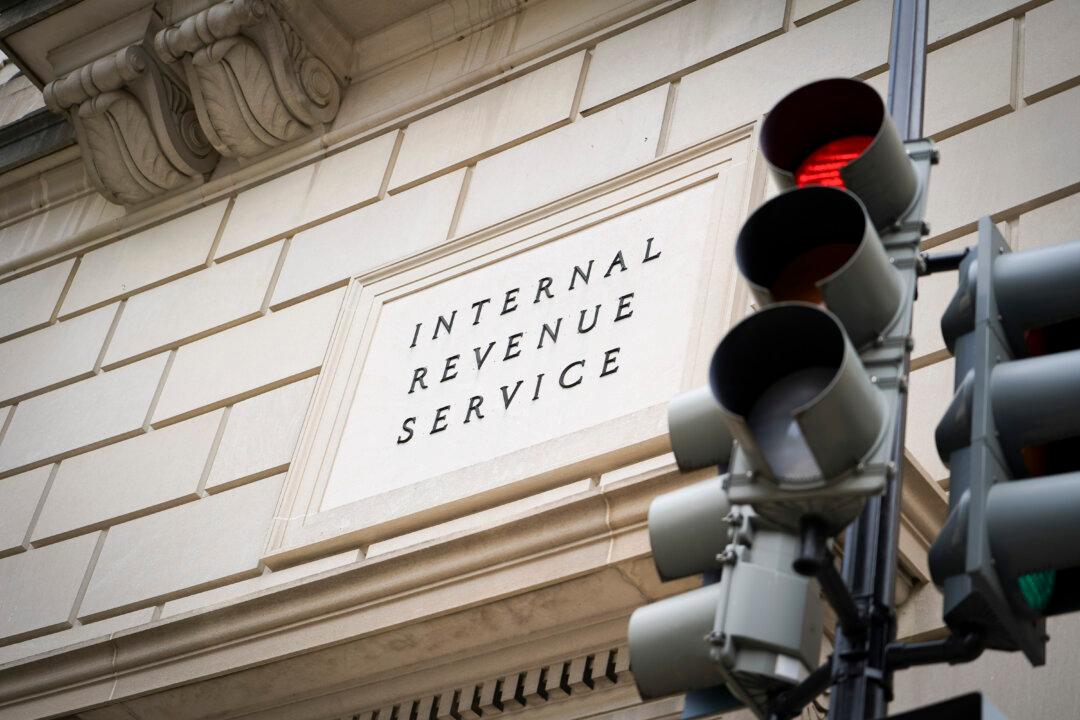The IRS and the U.S. Treasury Department have issued final regulations identifying certain syndicated easement transactions as “listed transactions,” classifying them as abusive tax schemes that must be reported to the IRS.
The final rules, released on Oct. 7, are part of an IRS effort to crack down on tax avoidance strategies involving inflated charitable deductions, with the agency working to close various loopholes and boost tax-related revenues.





